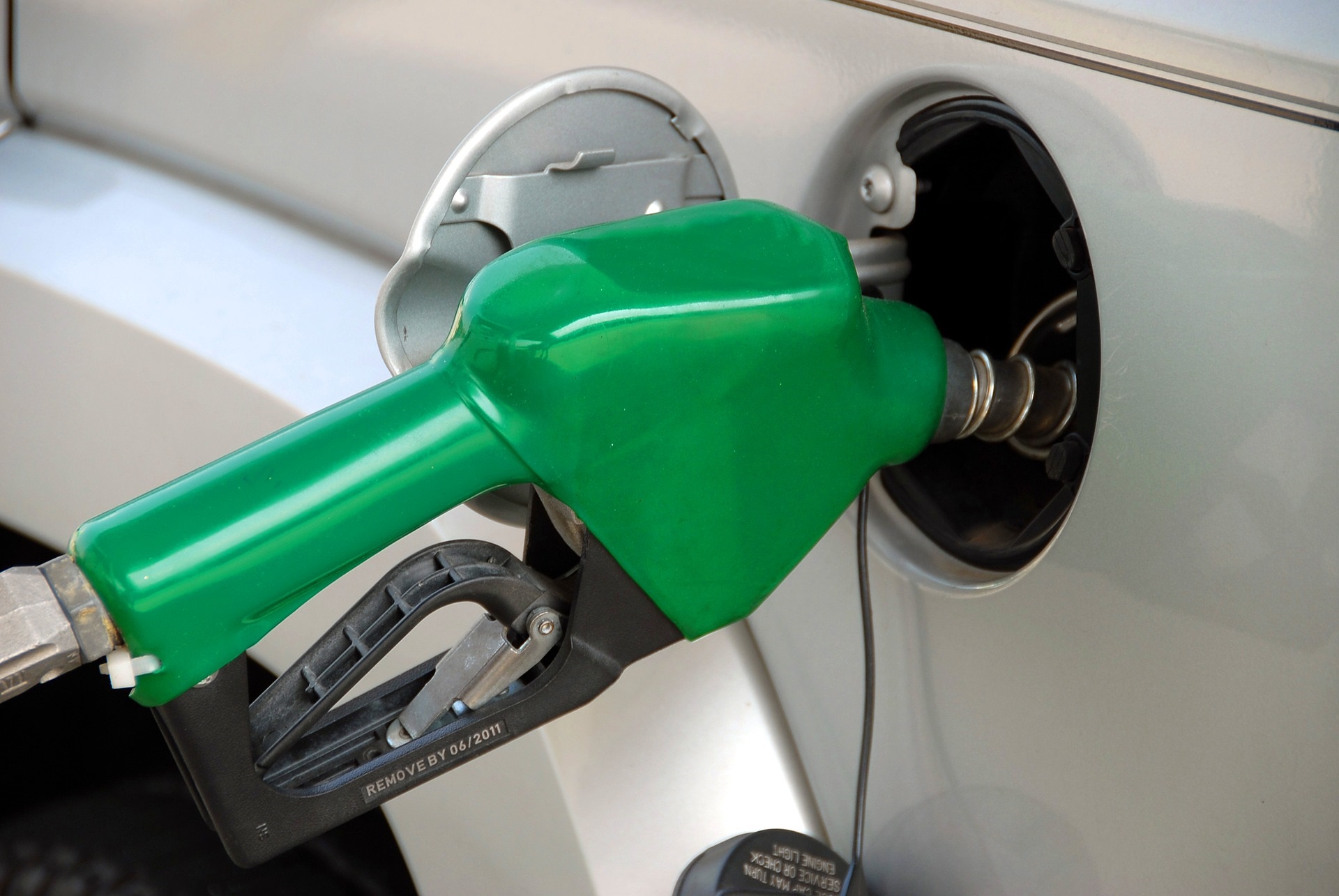With gas prices pushing upwards, some local businesses are finding it harder to keep up with inflated operating costs.
In response to Russia’s invasion of Ukraine, Canada placed sanctions on Russian oil imports, among other efforts to stifle Russia’s economy.
However, officials with the Canada Energy Regulator said the country has not imported any crude oil from Russia since 2019.
Since then, gas prices have skyrocketed, cutting deeper into the bottom line of local businesses that rely on the transportation of goods. Prices have reached 182.9 cents per litre at most gas stations in Cranbrook as of Monday.
“Looking historically back at the fuel prices in 2020, the price at the pump has increased over 20 per cent, resulting in an increased charge to our end-user, our customers,” said Mitch Chabot, president of Columbia Valley Freight.
Chabot’s company transports goods across the region, meaning that Columbia Valley Freight is heavily reliant on gas.
“From a fuel perspective, we’re spending on average about $3,000 a day on fuel. It now accounts for 25 per cent of our total expenses throughout our entire operation,” explained Chabot. “It’s our No. 2 expense, behind payroll.”
In the face of rising fuel prices, Columbia Valley Freight has implemented a number of strategies to offset the impacts.
“We integrate some high-quality software that optimizes our delivery driver’s routes through our cities and we monitor our idling time, so our trucks shut themselves off after 10 minutes,” said Chabot.
Experts pin the rise in gas prices to the ongoing conflict in Ukraine and the resulting sanctions on Russian oil imports around the globe.
Russia is the second-largest exporter of crude oil, with nearly half of the European Union’s gas sourced from Russia.
This has put pressure on gas imports from other parts of the world to pick up the slack.
However, this price hike comes after a year of record-breaking profits for the biggest oil companies, including those with gas stations in East Kootenay.
The following are the corporate profits of four major oil and gas companies in the fourth quarter of 2021, according to their own reporting:
- ExxonMobil: $8.9-billion
- Shell: $6.4-billion
- Chevron: $5.1-billion
- British Petroleum (BP): $4.1-billion
That said, prices have been creeping up on products beyond just oil and gas at an increased rate over the last year.
“We saw a large freight increase from all the roads being washed out by the flooding. A lot of the freight companies from Vancouver put a surcharge on there. Now with the increase in fuel prices, we’re seeing another increase in freight,” said Shannon Fisher, owner of Top Crop, a Cranbrook garden and feed centre.
“Everything has gone up between 20 to 50 per cent and then you throw on a bunch more in freight. We’re seeing a huge increase in costs, and it makes doing business a whole lot tougher.”
Fisher said her business attempted to take a proactive approach to offset higher costs by stockpiling inventory earlier than usual.
“We’re trying to do that so that our customers don’t pay the new charges that are coming through now,” said Fisher.
She noted that Russia’s invasion of Ukraine will likely have a heavy impact on food prices as well.
“With the Ukraine situation and a lot of the world’s wheat coming out of areas that have either been stricken by drought and now war, I would suspect that feed prices are going to start rising again, even with them being higher than I’ve ever seen them in the 30 something years I’ve been doing it,” said Fisher. “People are going to start paying a lot more for bread and flour and anything like that.”
Fisher advocated for learning how to grow your own food, so you that you can save money where you can, while grocery prices climb higher.
“We’ve been trying to help people be as successful as they can with growing food. Raising your own chickens and getting your own eggs is part of that. Just doing anything you can to keep it more local is going to help you save as much money as possible,” said Fisher.
Fisher said she is hoping to organize workshops and classes to help teach people how to garden and produce their own food.




